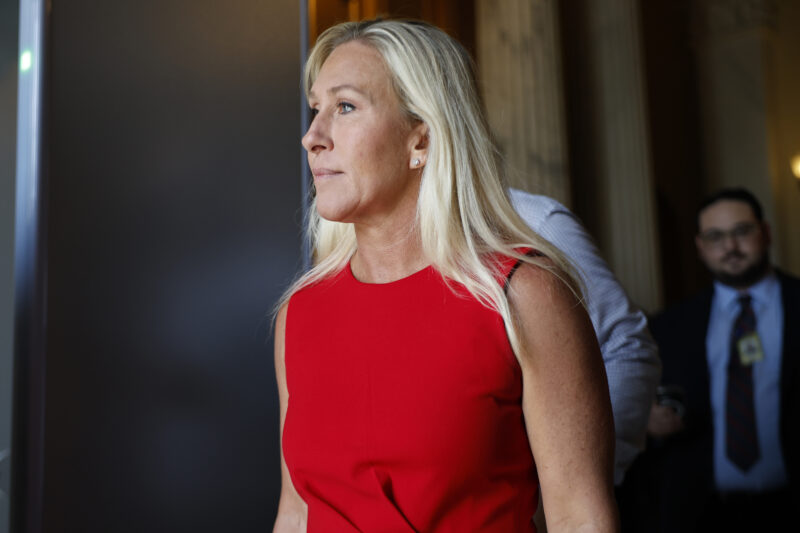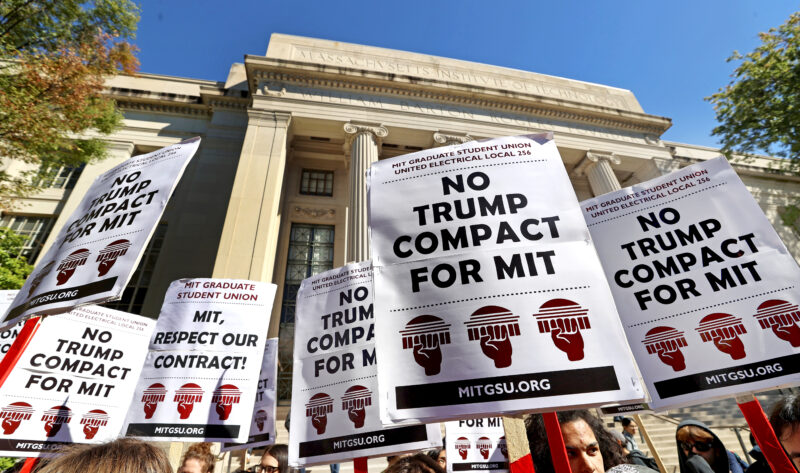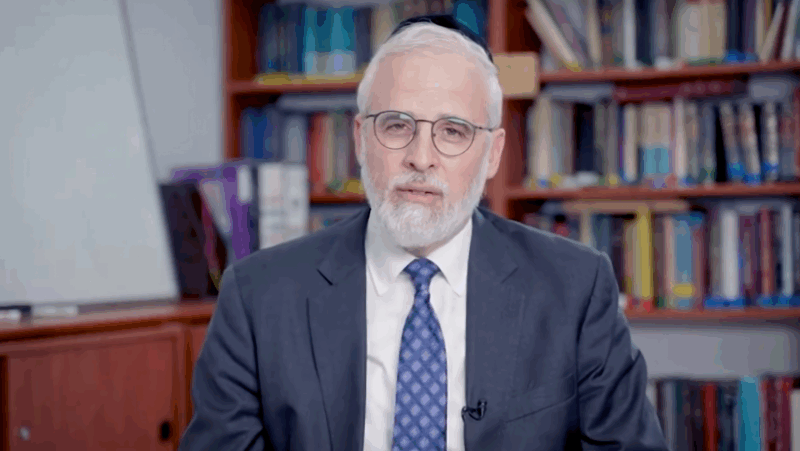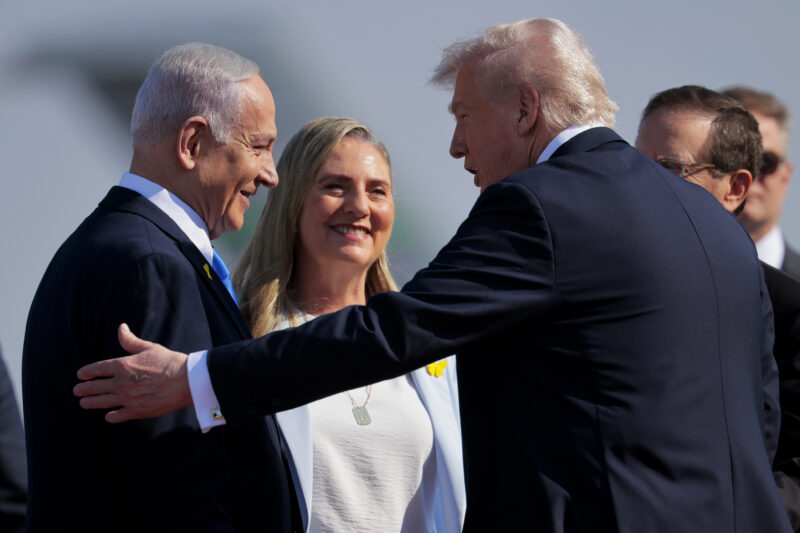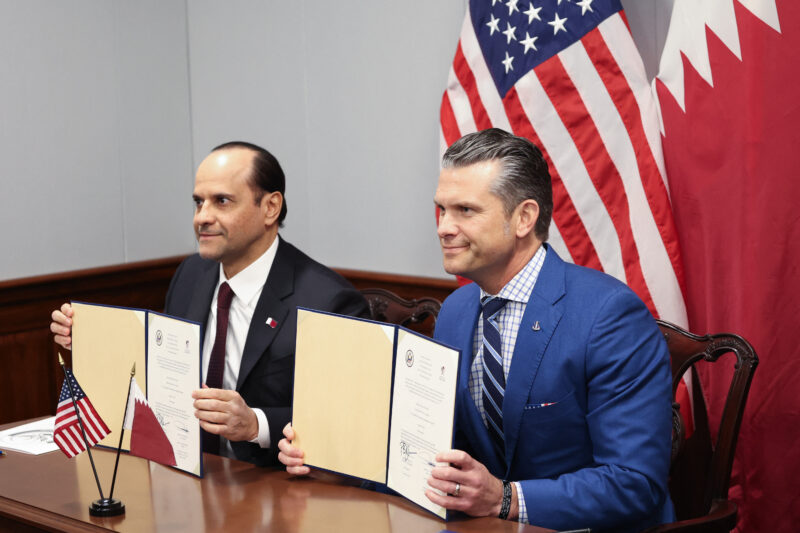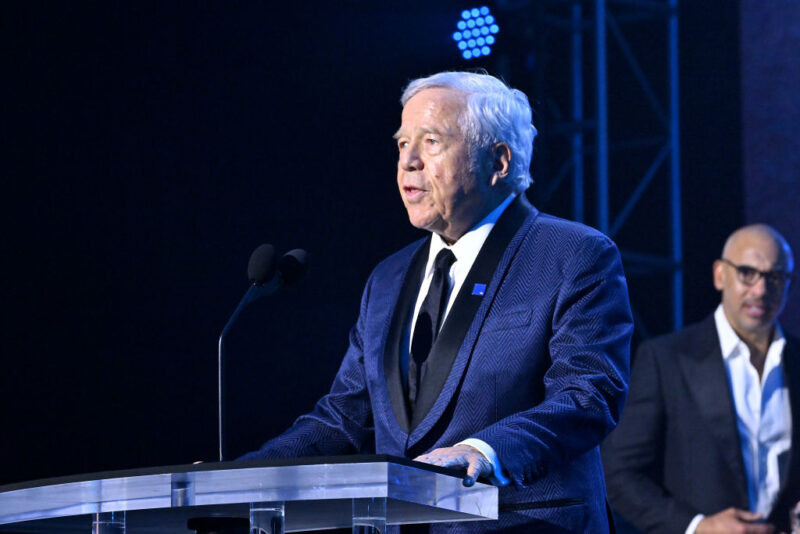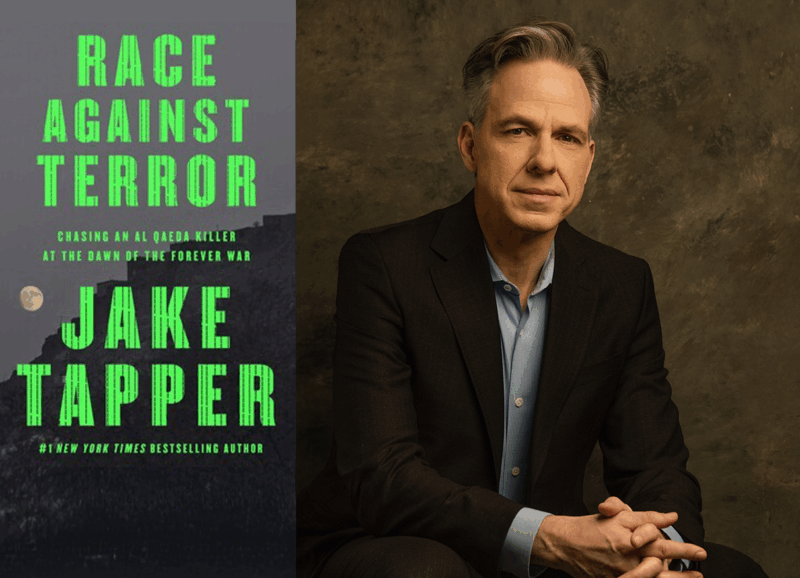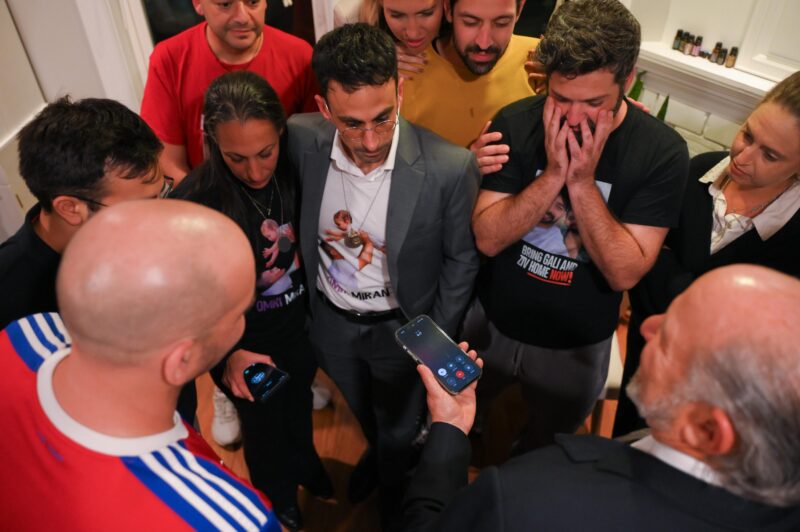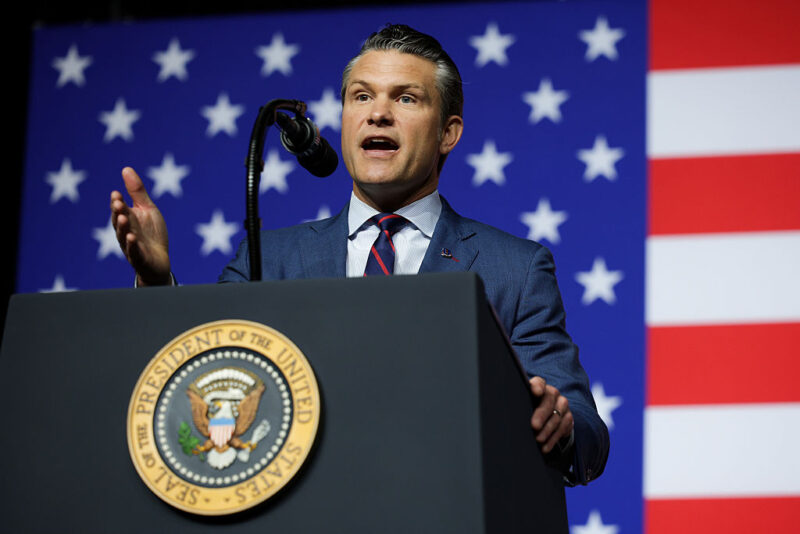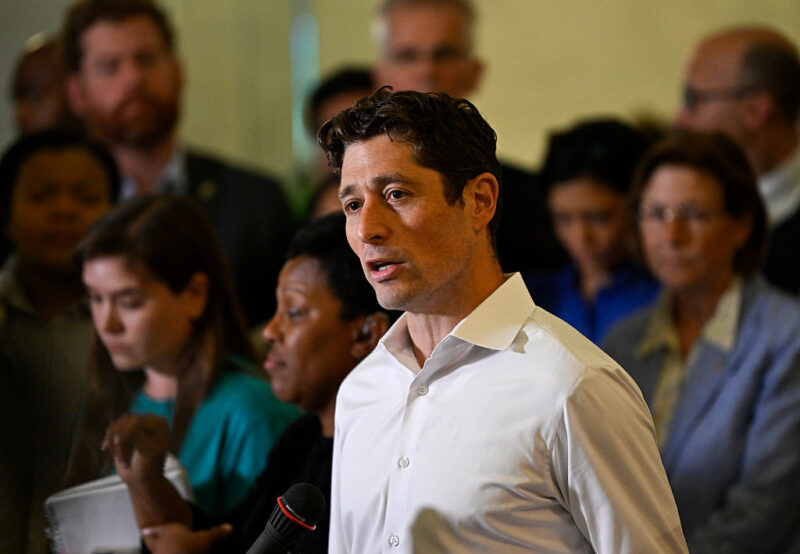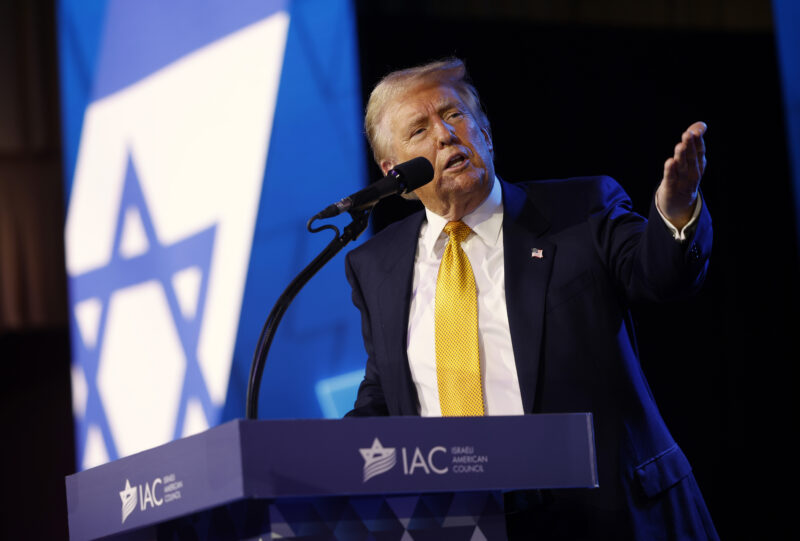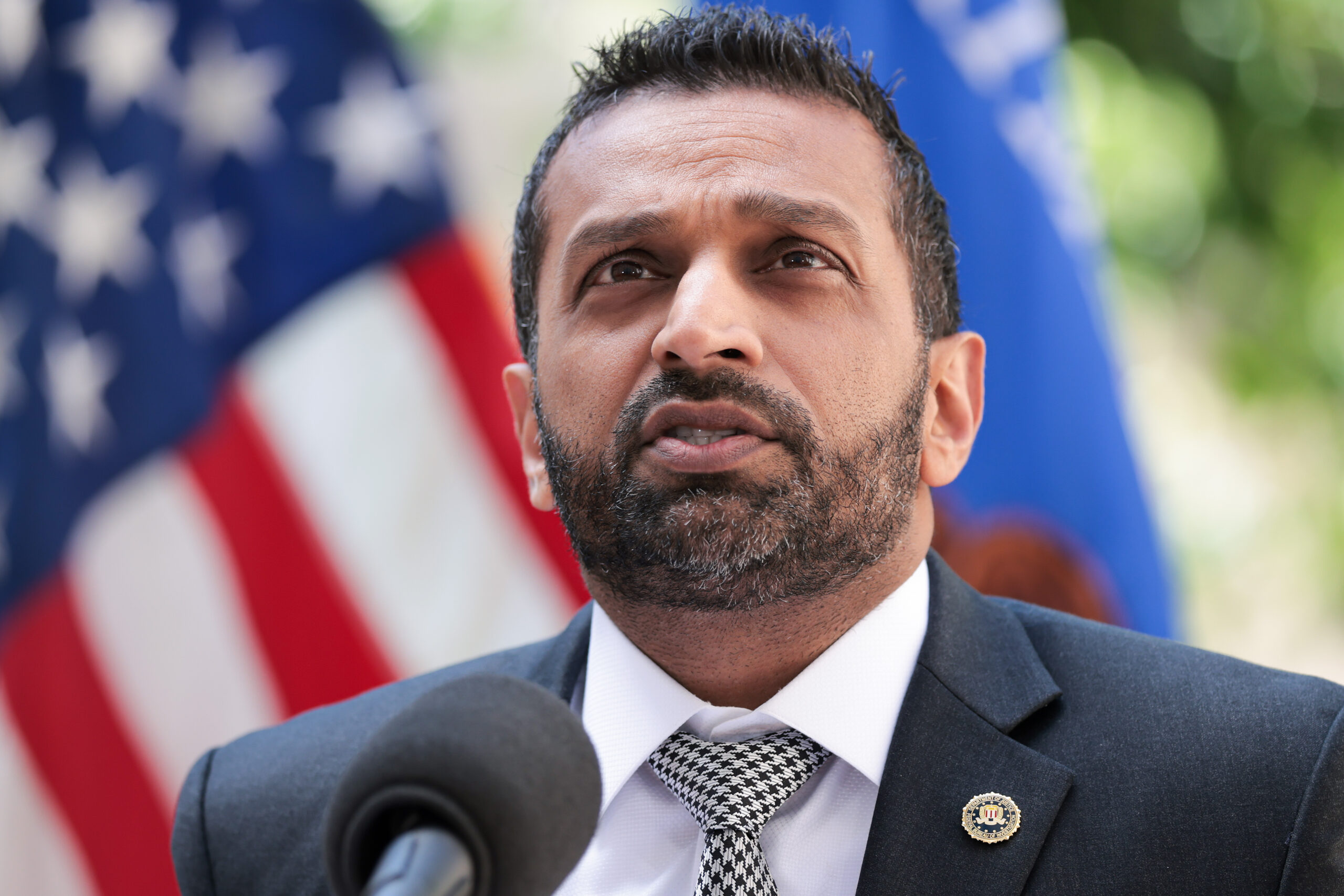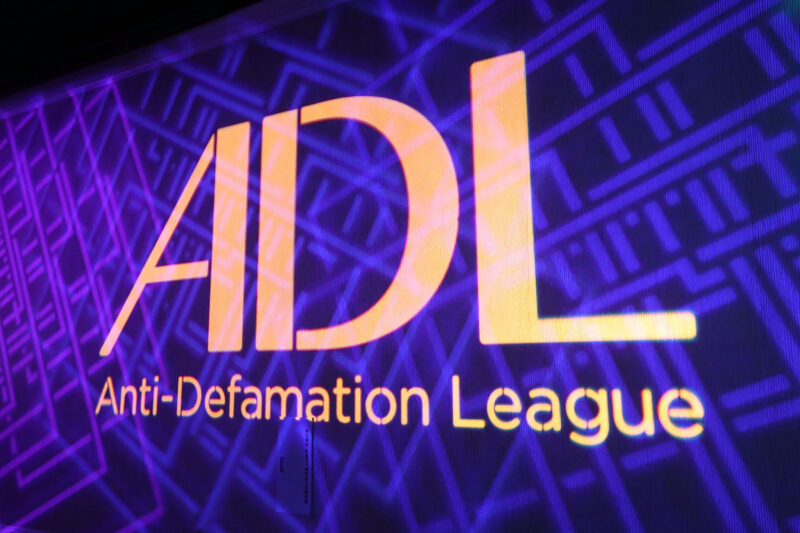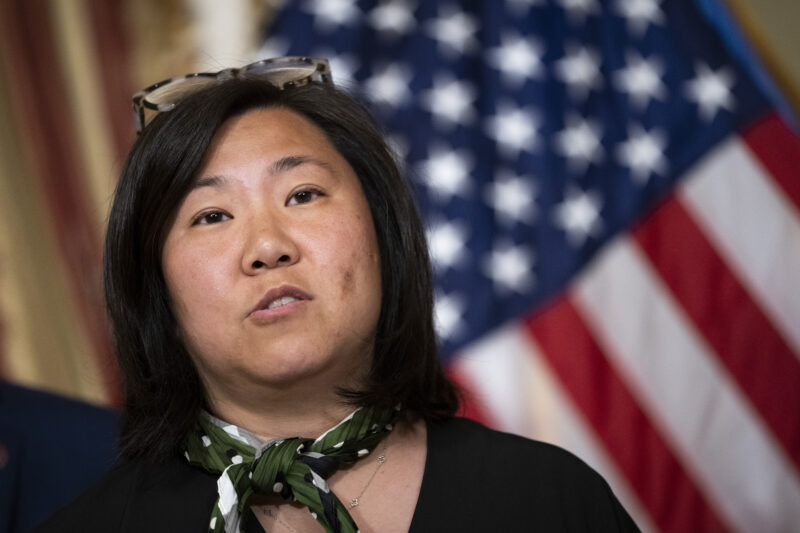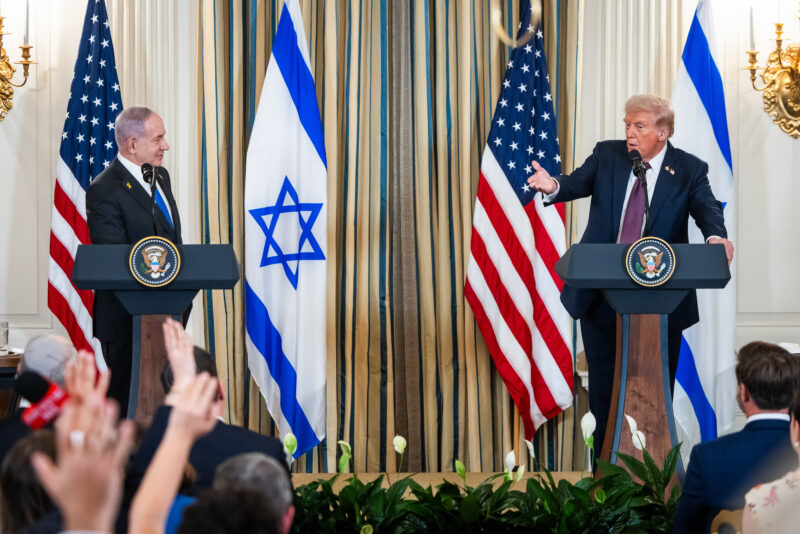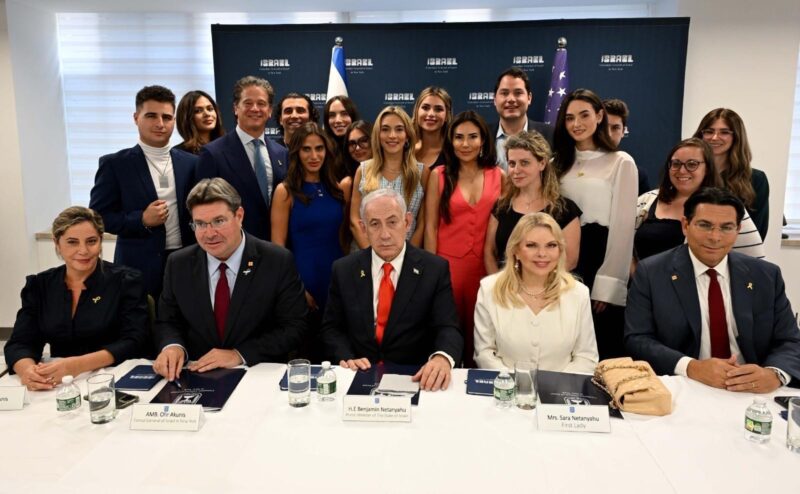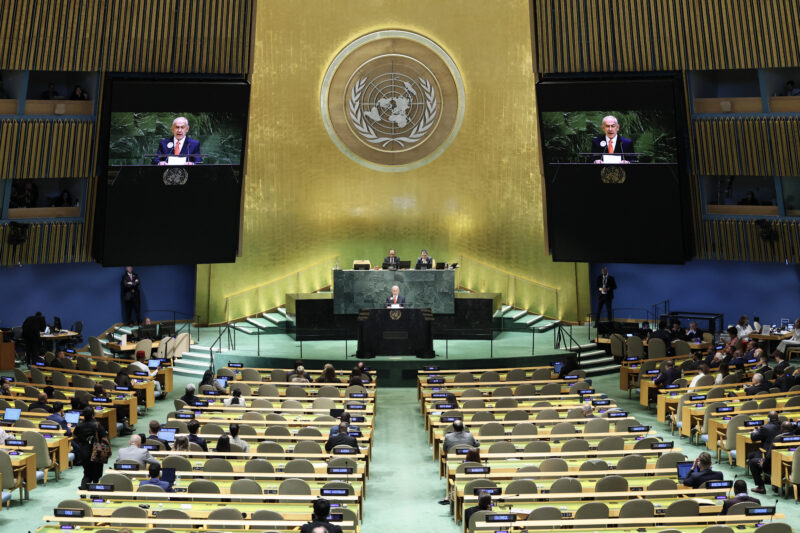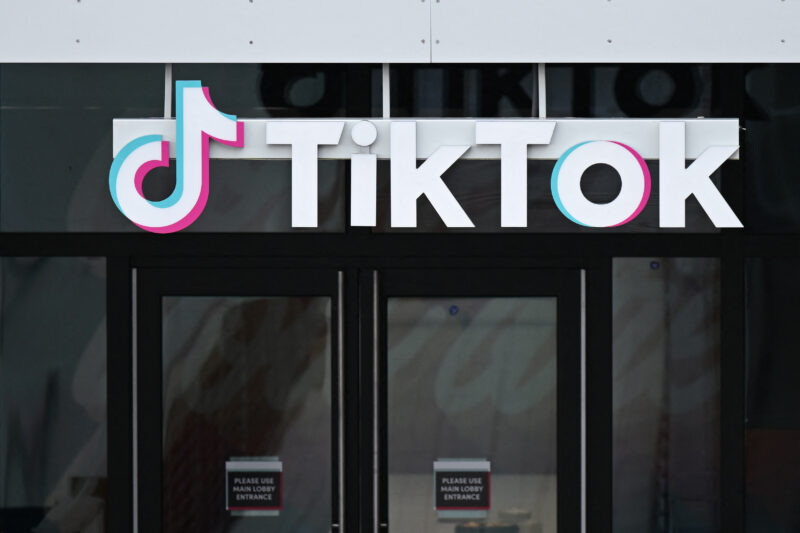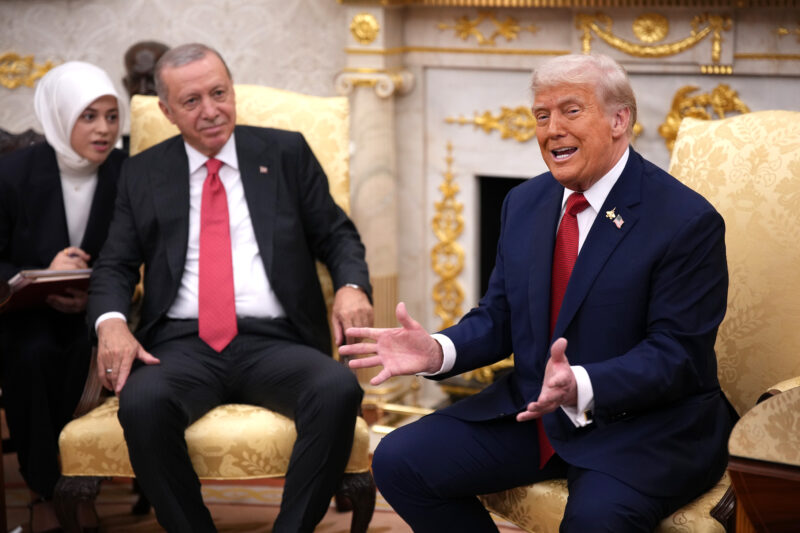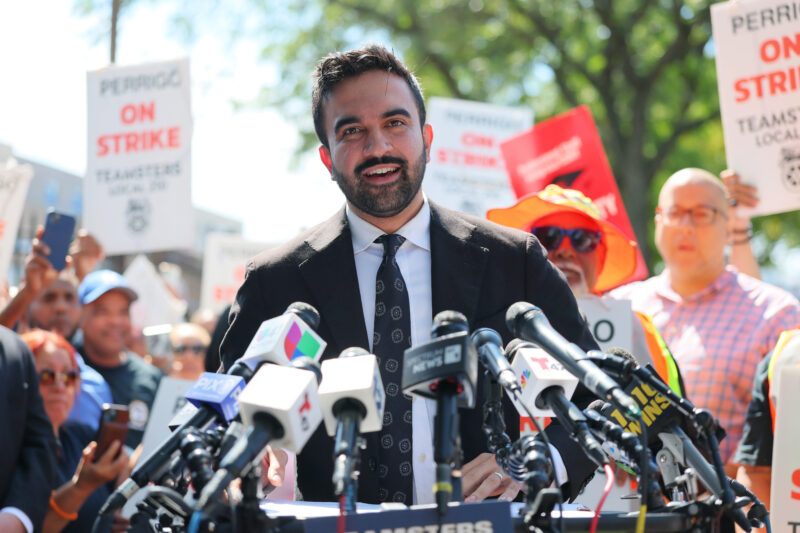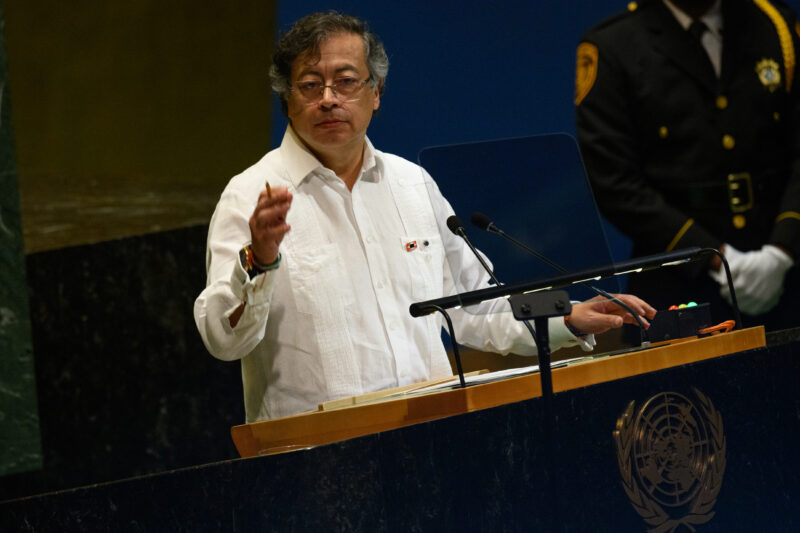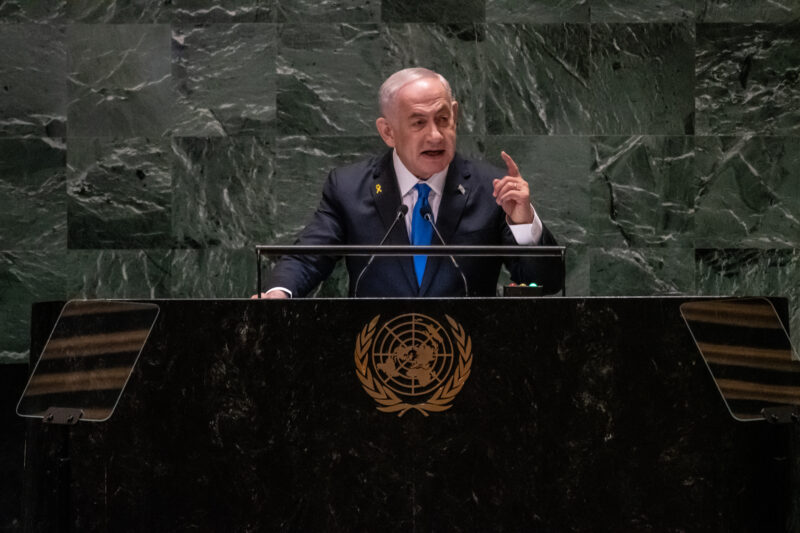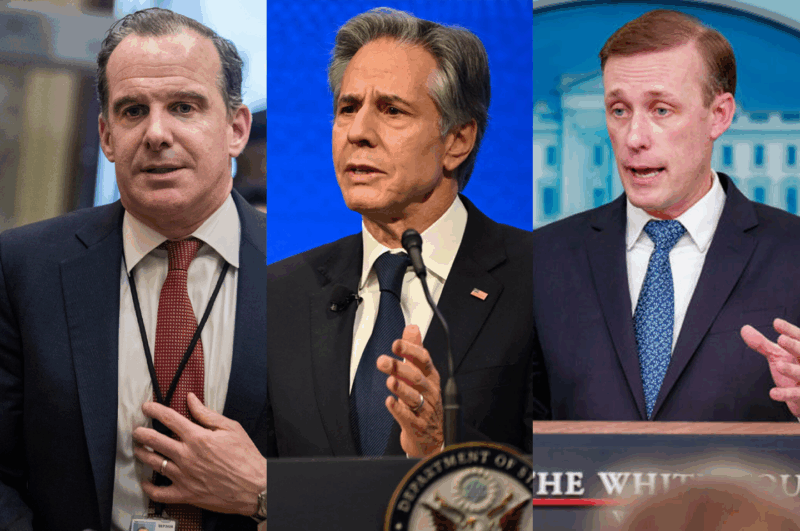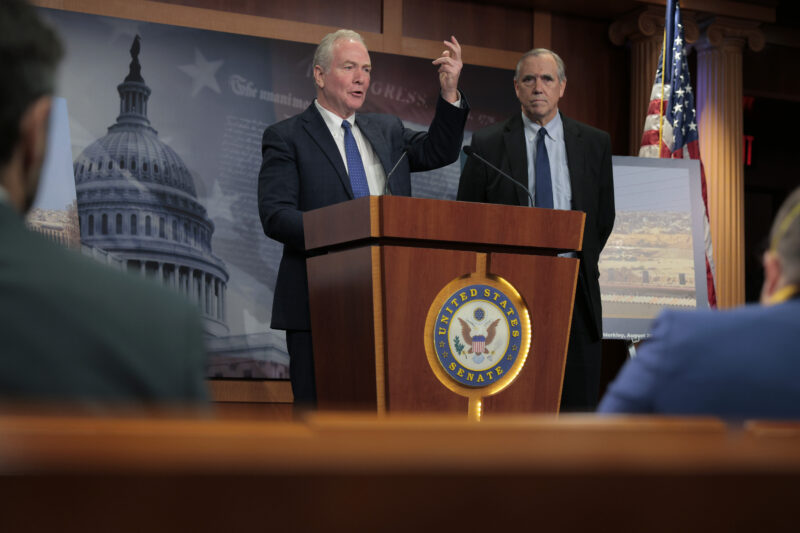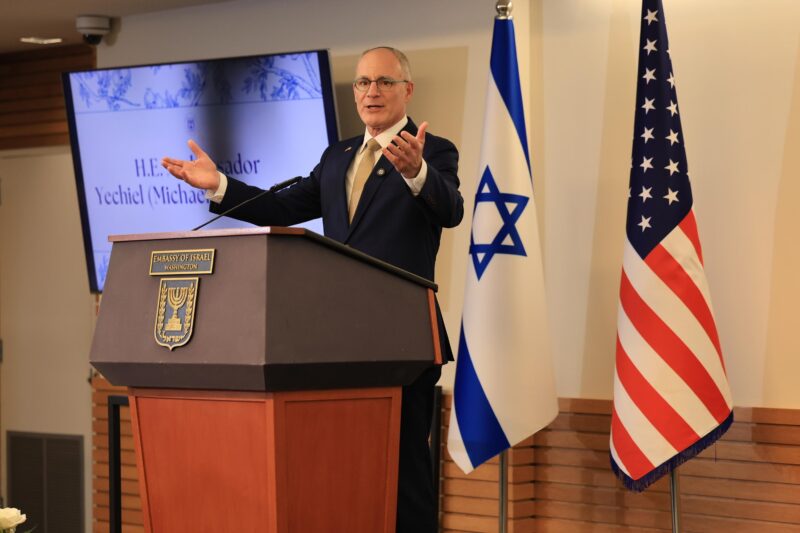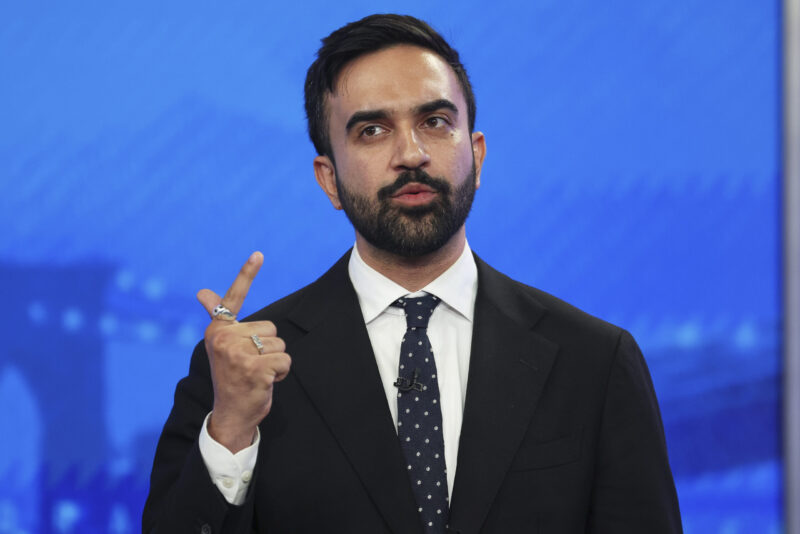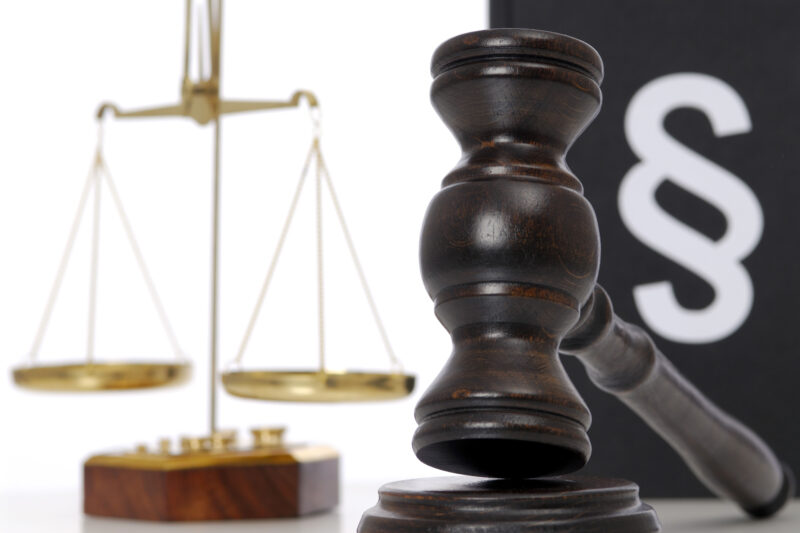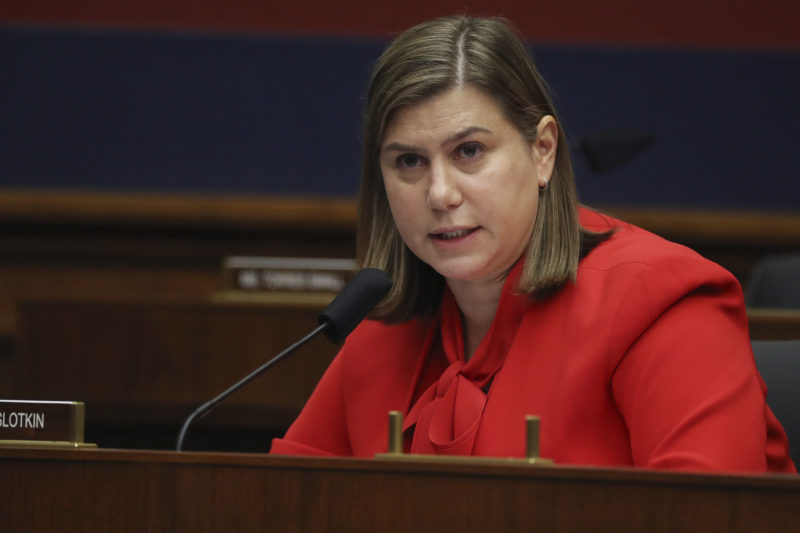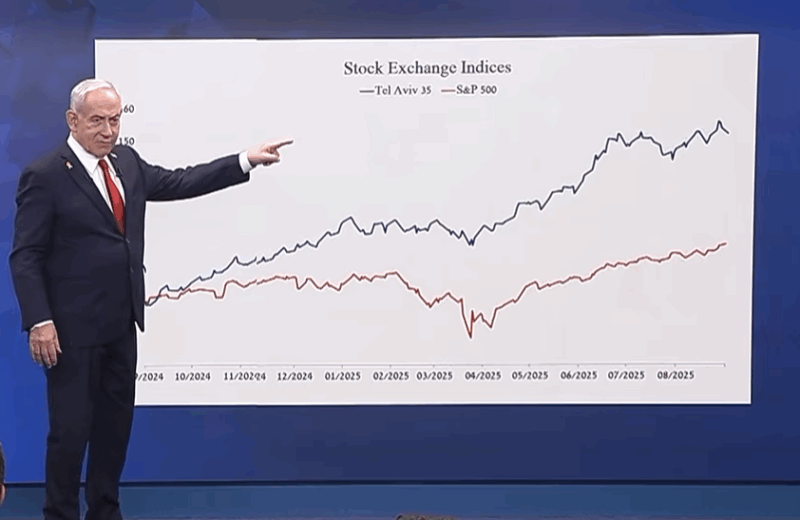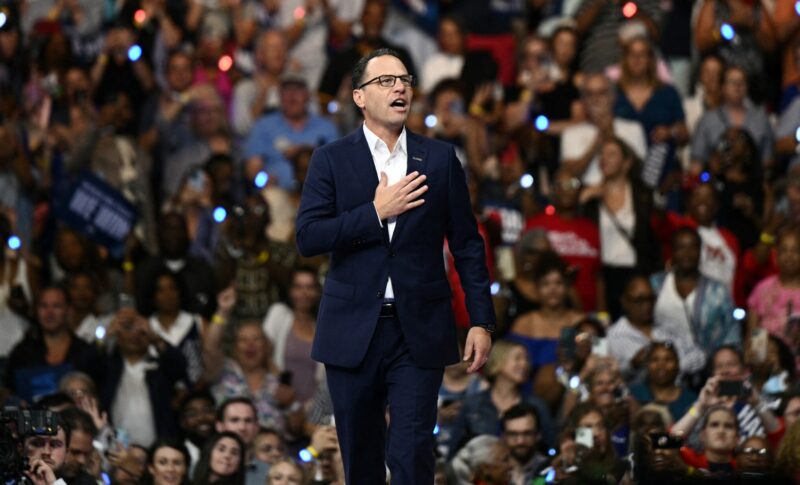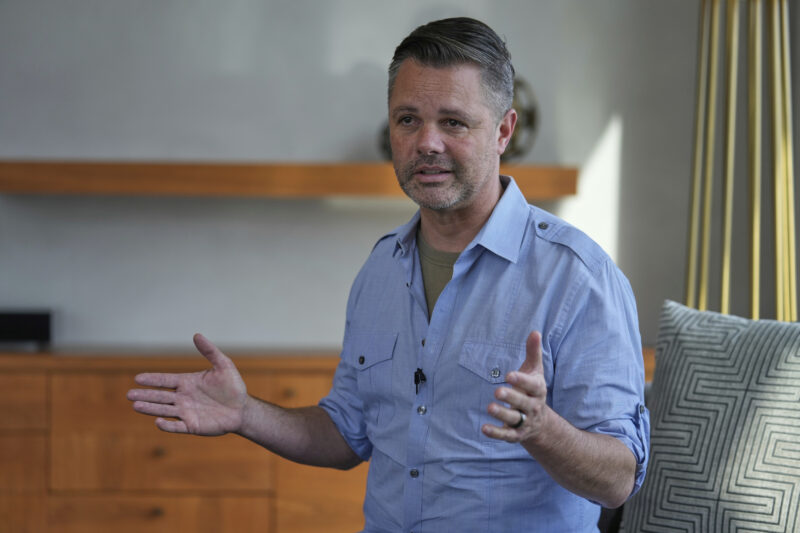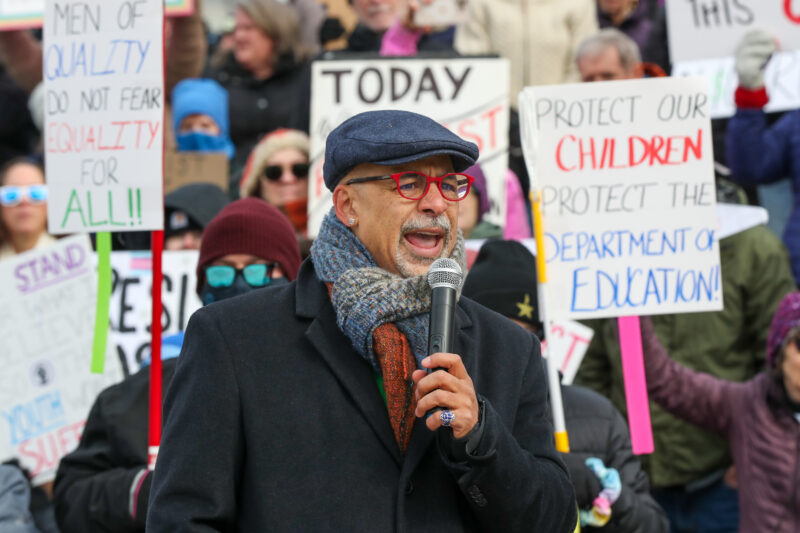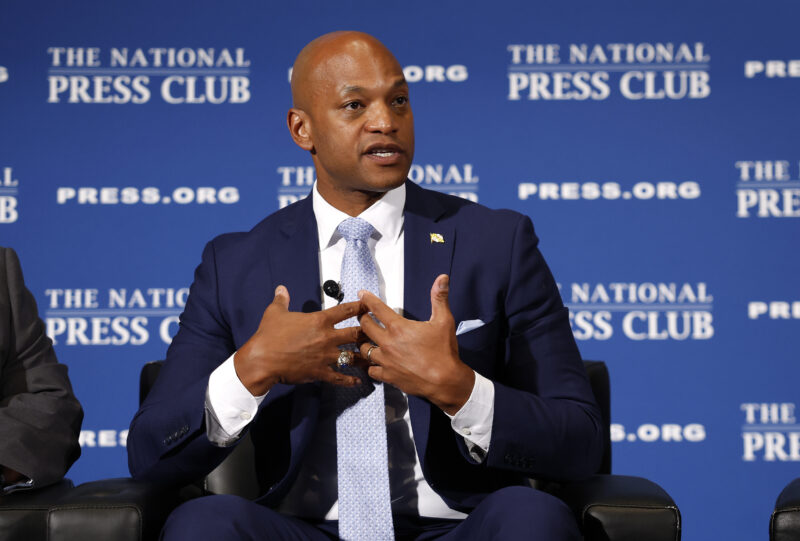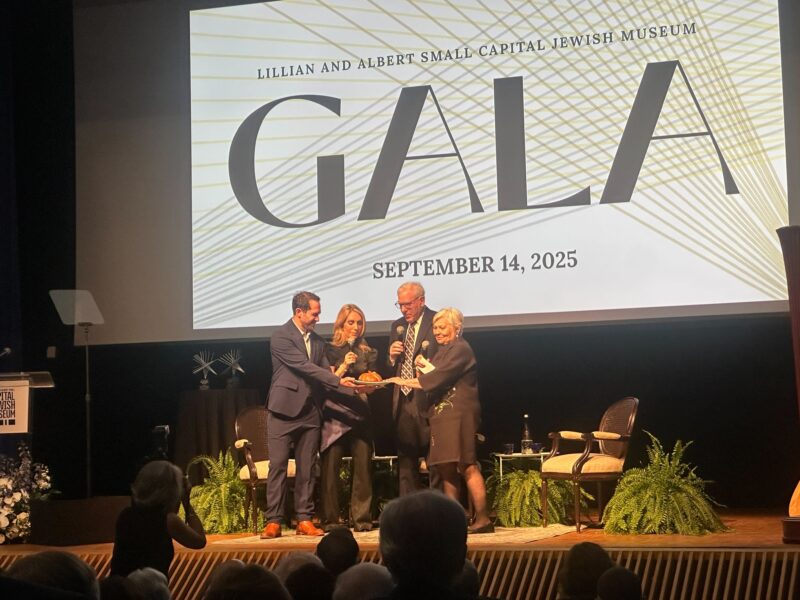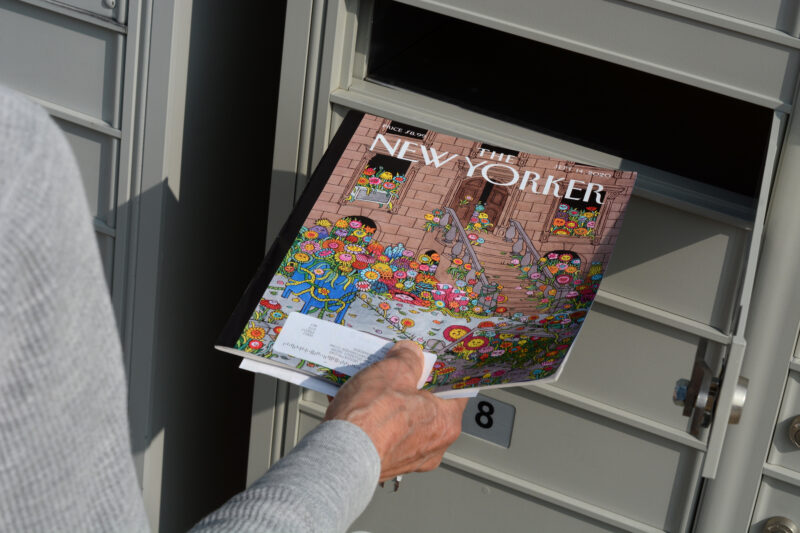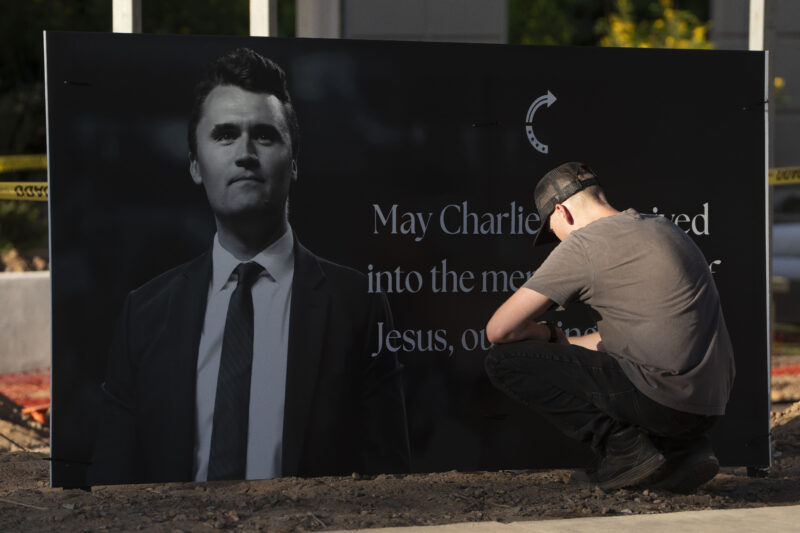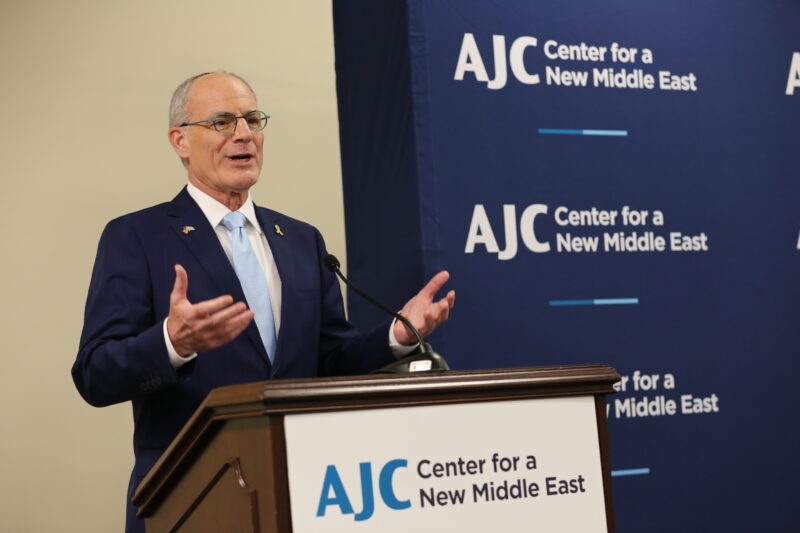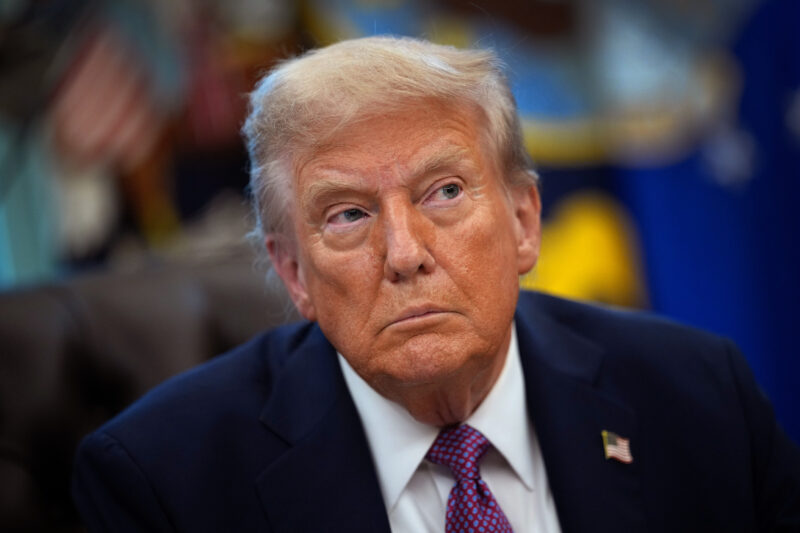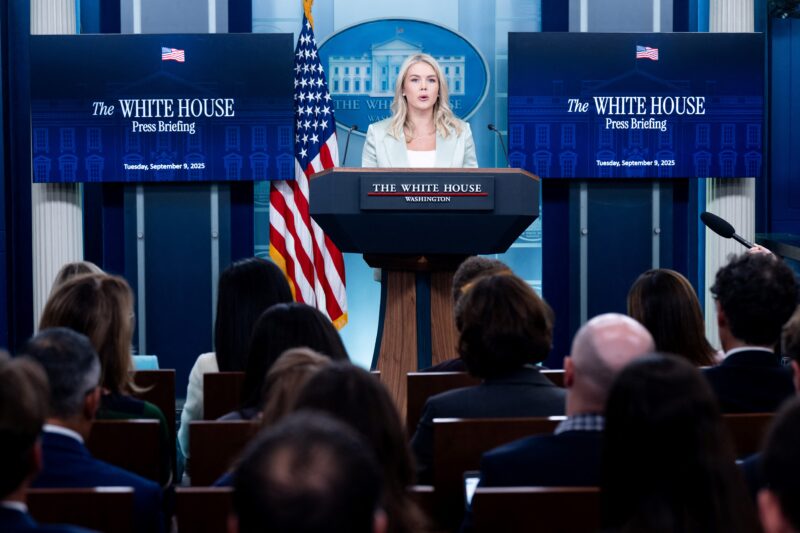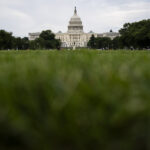Trump higher ed policy architect May Mailman explains antisemitism settlements
Mailman: ‘When you see numbers like that, then you pay attention, and you look, and then you’re able to learn a little bit more, something maybe you wouldn’t normally learn’
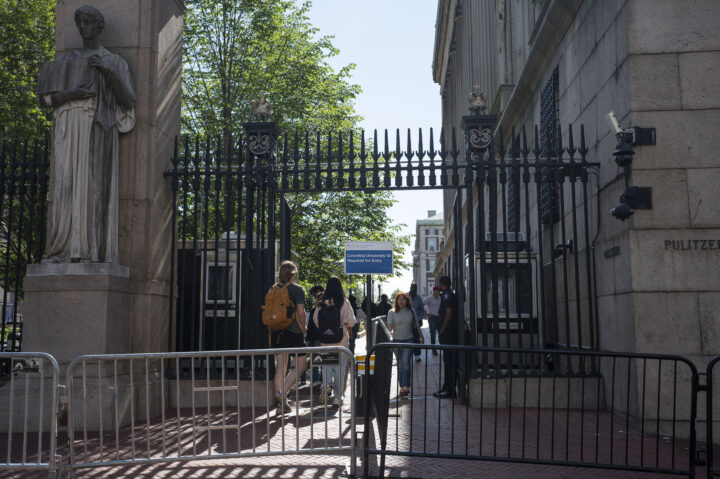
Mostafa Bassim/Anadolu via Getty Images
Students enter campus on the first day of the fall semester at Columbia University in New York City, United States on September 2, 2025.
The Trump administration’s settlements with Ivy League universities, negotiated in response to alleged violations of federal civil rights law, are meant primarily as an attention-grabbing measure — a way to get more people to pay attention to President Donald Trump’s aggressive approach to tackling discrimination in higher education, according to an architect of those settlements.
“When you see numbers like that, then you pay attention, and you look, and then you’re able to learn a little bit more, something maybe you wouldn’t normally learn,” May Mailman, a conservative attorney who until last month served as a senior White House strategist, told The New York Times’ Ross Douthat on an episode of his “Interesting Times” podcast that was released on Thursday.
The Trump administration has so far secured a $221 million payment from Columbia and a $50 million commitment from Brown. A deal with Harvard has been under negotiation for months, but no agreement has yet been reached.
These deals have included commitments from the universities on antisemitism policy, race-based hiring and admissions standards and diversity, equity and inclusion programs. What remains unclear is how they will be enforced. But Mailman told Douthat that the optics alone mark a significant achievement for the Trump administration.
“A settlement on its own without a fine might not be taken as seriously by the public or by other universities as when there is a fine,” said Mailman. “These are small dollar figures compared to the amounts that they are getting every year from the federal government and from their donors — but I think it provides a seriousness and a focus on these in ways that promises only wouldn’t.”
The deals have not included a recognition of fault on the part of the universities. But, Mailman added, they convey to the public “a sense of acknowledgment of wrongdoing, not a legal sense but sort of a moral sense of, ‘We’ve taken all this money, and we did it in ways that were not merit based, or they weren’t safe for our students, and so we’re paying a small amount of it back.’”
Douthat engaged Mailman in a conversation about what he called the “very blurry zone of critiques of the policies of the state of Israel and critiques of Zionism,” and suggested that the Trump administration had been “micromanaging” academic departments by asking them to discipline “radical critics of Israel.” Mailman seemed to acknowledge that some of those efforts appear to some as an infringement on free speech.
“I acknowledge that there are some letters that were sent by the antisemitism task force, in some way, that either incorporated the IHRA definition or otherwise were perceived to have been speech codes,” Mailman said, referring to the International Holocaust Remembrance Alliance’s working definition of antisemitism, which some on the left and right have argued marks a threat to free speech.
Still, she added that the deal at Columbia did not create a “speech code.” (Columbia did announce its adoption of the IHRA definition this summer, but that was not formally articulated in its deal with the federal government.)
“The Columbia deal — and I think everyone would acknowledge that Columbia had a major antisemitism problem — but the Columbia deal in no way creates any speech code, whether it be on Israel or anything else,” said Mailman. “It does not — it specifically says that this is not intended to create any First Amendment conflict or otherwise govern speech on Columbia’s campus.”





